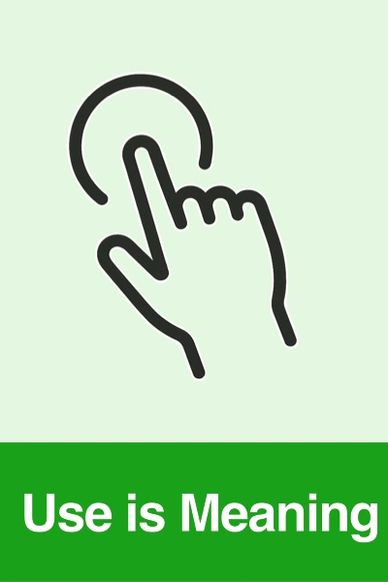Signed in as:
filler@godaddy.com
Signed in as:
filler@godaddy.com

The "Ethics of Care vs. Justice" by Carol Gilligan explores care (relationships and responsibility) as a distinct from fairness. It allows us to see the UX as more than just a balance between an individual and a machine.

The Act of Identity theory, by sociolinguist R. B. Le Page, views language choices as acts that negotiate belonging and difference. In UX and AI systems, each user interaction similarly performs identity—an expressive act within a designed social world.

Francis Galton's "intelligence" definition is a measure of zeal and capacity (motivation + ability). In UX and AI contexts, this mirrors the user-story frame “I want to __ so I can __,” Intelligence, then, emerges from purposeful engagement—the will and means to act.

Wittgenstein’s Action Theory sees meaning as inseparable from use—understanding an action requires seeing it in its form of life. In UX and AI, this reframes “behavior” as language: systems and users act through patterns of expression that only gain sense within shared contexts. Intelligence, here, is not inner intent but public intelligibility.

4D Ethics defines UX and AI decision-making across four research dimensions: (1) temporal perspective (formative vs. summative), (2) behavioral vs. attitudinal framing, (3) qualitative vs. quantitative evidence, and (4) sampling rationale—who matters and why. Intelligence and ethics emerge in how these dimensions are balanced, revealing what the system values enough to measure.

The UX Researcher is an AI-Ethicist because every usability decision is also an ethical one—each interface encodes assumptions about whose goals are valid and whose comfort matters. To study use is to study value; to design experience is to govern conduct. The researcher’s lens is, therefore, a moral instrument as much as an analytic one.

Request one or more of the AI-Ethicist's 2025 Principle playing cards. Players participate in international games of strategy, tactics and assessments to fight the dark UX patterns. Each card is only produced 3 times. To request, "command all" on the screen to see the secret password... or use your screen reader.
Copyright © 2025 AI-Ethicist - All Rights Reserved.